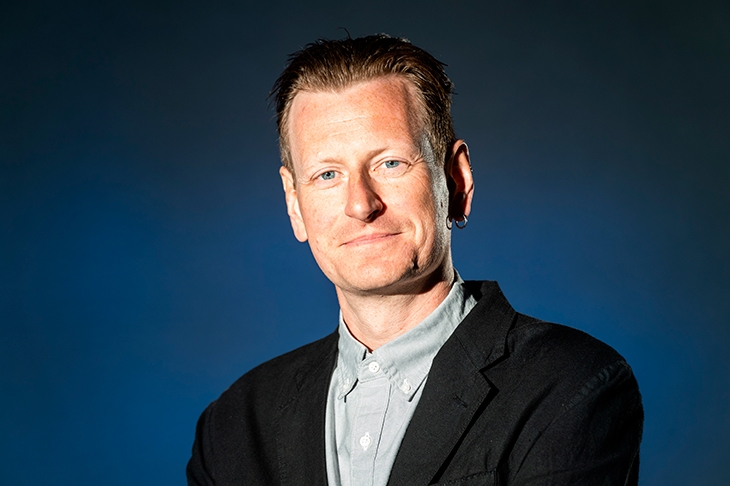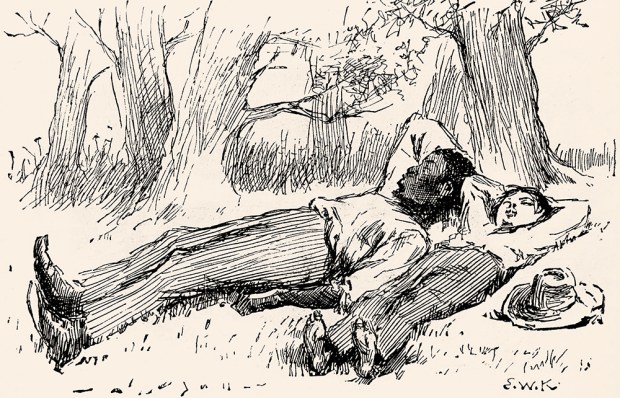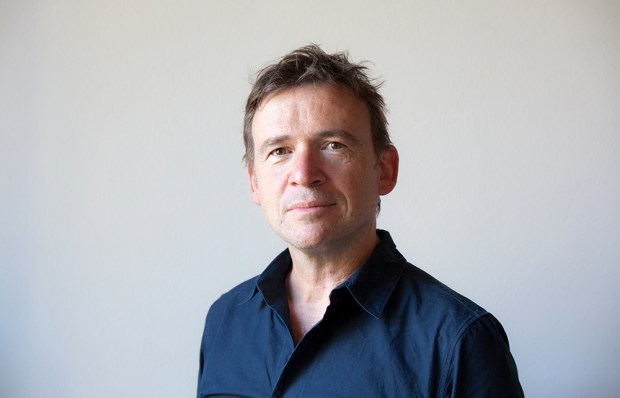Robert Prowe has writer’s block. An Englishman reaching middle age, he lives in Berlin with his Swedish wife and their two young daughters: two prams in the hall, two enemies of promise. Having enjoyed some success with a collection of short stories, Robert has been commissioned to write a novel; but the submission date was 18 months ago and he now spends his mornings deleting, letter by letter, the few words he produced the day before. His stories had once come easily: they grew out of his quotidian world in the form of anecdotes passed on to him by friends, family and strangers in bars. But nothing around him will feed his present fiction and he is fast fading out of his own life. ‘R U ALIVE?’ asks his agent.
Patrick Unsworth is also a writer, but of the ghost variety, and his email address is ‘punsworth221’. Having enjoyed some success with the autobiography of a footballer, he was contracted to ghostwrite the life of a dissident oligarch called Sergei Vanyashin; but two years into the project the Russian was found hanging from an oak tree on his Buckinghamshire estate. It was recorded as a suicide, but Patrick thinks otherwise, and he now believes he is being followed by Putin’s agents.
Robert and Patrick meet by chance in a bookshop in Kollwitzkiez when they are ‘both reaching for the same book’. It’s a neat image: they will soon be writing the same book when Patrick tells Robert about his relationship with Vanyashin, and Robert, who doesn’t believe a word of it, steals his friend’s story for his own novel. At least, argues Patrick when he discovers the theft, his own subjects knew he was writing about them’.
A Lonely Man is an existential literary thriller in which writing itself is the lethal weapon. With the precision of Patricia Highsmith, Chris Power takes us into the world of John le Carré as seen through the autofiction of Rachel Cusk. All writing is theft, and novelists, he suggests, cross a line when they use their friends as copy. But while it is unpleasant to find a version of yourself in a book, is it a crime? Patrick’s story about Vanyashin is, Robert believes, a fantasy, and Patrick can hardly claim moral ownership of an experience which isn’t true.
Novelists also, however, appropriate their own stories: Prowe is an anagram of Power, and Power has, according to his acknowledgements, also got a Scandinavian wife and two young daughters — and has enjoyed some success with a collection of stories called Mothers, which circled around the themes of loneliness, disconnection, high anxiety and Sweden. A Lonely Man is his first novel and every sentence is packed with, well, power. Postmodern metafiction with an old-school plot, this is the slickest, smartest and most enjoyable novel I’ve read in years.
Got something to add? Join the discussion and comment below.
Get 10 issues for just $10
Subscribe to The Spectator Australia today for the next 10 magazine issues, plus full online access, for just $10.
You might disagree with half of it, but you’ll enjoy reading all of it. Try your first month for free, then just $2 a week for the remainder of your first year.














Comments
Don't miss out
Join the conversation with other Spectator Australia readers. Subscribe to leave a comment.
SUBSCRIBEAlready a subscriber? Log in